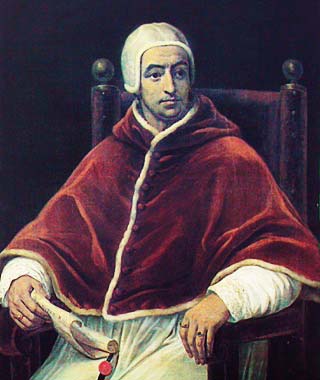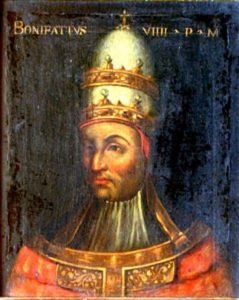There are hundreds of endnotes for the Revelation 17 chapters. Rather than try to fit them all here, they are organized according to the same chapter divisions as the text.
Revelation 17:1-6 Endnotes (Mystery Babylon the Great)
Revelation 17:7-11 Endnotes (Seven Heads)
Revelation 17:12-18 Endnotes (Ten Horns)


